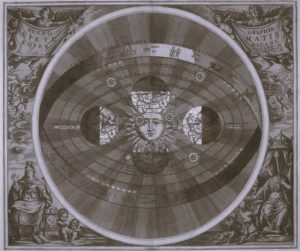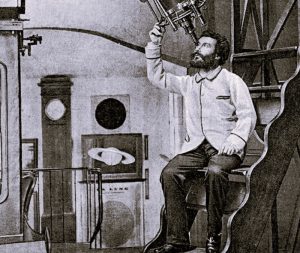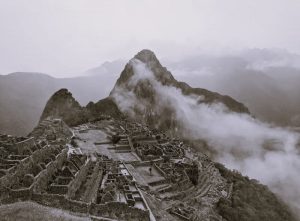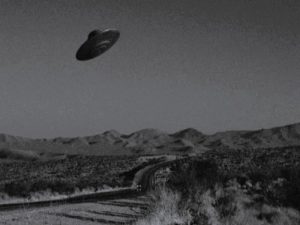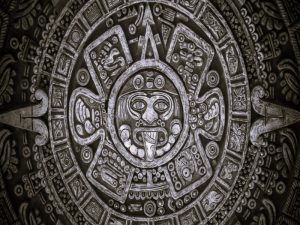By Matthew A. McIntoshPublic HistorianBrewminate Introduction In the vast expanse of Chinese legend, few tales capture the...
Astronomy
Heliocentrism’s triumph reshaped the epistemological foundations of knowledge itself. By Matthew A. McIntoshPublic HistorianBrewminate Introduction The intellectual...
In the 19th century, astronomers could see Mars through telescopes, but not clearly. By Dr. Matthew ShindellCurator,...
After two defeats by the Soviets, the U.S. was desperate for a win. Introduction After World War...
The monument’s ancient connection to the skies may run even deeper than we realized. Introduction When it...
A small sample of the ways the planets and stars were portrayed in medieval manuscripts. After coming...
For decades, historians have grappled with the origins of modern science in early modern Europe. Abstract Historians...
The skies and the gods were inseparable in Maya culture. Astronomers kept careful track of events. By...
Greco-Roman accounts of the Persian Wars mention astrologers among high-ranking Persian dignitaries. Introduction Hellenistic astrology encompassed various forms...
A new study measured exactly how much brighter night skies are getting every year. Introduction For most...
Astronomy had interested many ancient thinkers, but two views of the universe dominated and endured. Introduction The...
Astronomer Caroline Herschel’s work discovering and cataloging astronomical objects is still used in the field today. Introduction...
By inspiring astronomical inquiry, astrology ultimately helped birth scientific innovations. Introduction Western astrology refers to a form...
Early scientists were eager to use photographic technologies to learn more about the moon. You’ve probably seen...
The telescope quickly opened up a whole new area of scientific inquiry. Introduction The invention of the...
In the annals of history, one civilization stands out for its remarkable understanding of the cosmos—the mighty...
Astronomy is the oldest of the natural sciences, dating back to antiquity and the beliefs and practices...
From the Big Bang to dark energy, knowledge of the cosmos has sped up in the past...
Research on exoplanets could help us estimate how many intelligent alien civilizations may be in our galaxy....
Newly discovered super-Earths add to the list of planets around other stars that offer the best chance...
Many believed that celestial bodies exert a strong influence on elements and bodies in the sub-lunar world....
It was thanks to her engineering and programming expertise that Apollo 11 was able to land on...
The era used for the calendar since the Middle Ages is Anno Mundi (from the creation of...
Powerful nations are defining the rules of resource use in space in ways that make it hard...
Julius Caesar sought to create a calendar that remained aligned to the sun without any human intervention....
There’s a lot of technological progress required before off-Earth mining operations can be considered feasible. Introduction Like...
The deity Itzamna was frequently credited with bringing the knowledge of the calendrical system to the ancestral...
In the 5th century B.C., Empedocles and Anaxagoras offered arguments for the spherical nature of the Earth....
There’s a lot to look forward to in 2022. Introduction Space travel is all about momentum. Rockets turn...
Searching for life on distant planets, understanding the formation of galaxies, and solving deep mysteries of physics....

